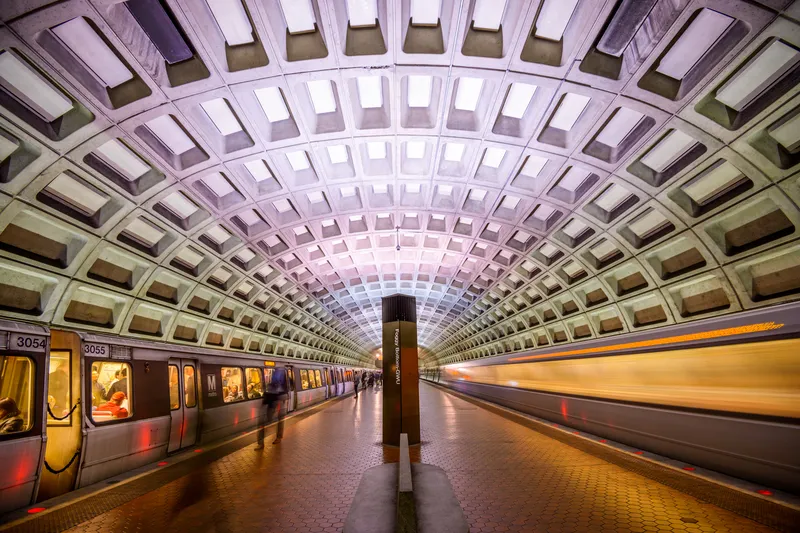Siemens’ dual function smart card has been awarded the MasterCard Transport Ticketing Award 2013 in the category ‘Ticketing technology of the year’ at the recent Transport Ticketing Conference in London. The award marks Siemens UK launch of integrated mobility and eTicketing, part of the company’s expanding portfolio of ITS and city solutions. According to the company’s business development manager, Andy Gill, electronic ticketing from Siemens makes it easier for people to switch between different means of
February 21, 2013
Read time: 2 mins
According to the company’s business development manager, Andy Gill, electronic ticketing from Siemens makes it easier for people to switch between different means of transportation and travel with one electronic smartcard ticket. “From private car to metro, or from commuter train to bike, users do not have to remember fares, they just pay for the distance travelled, regardless of whether they took a train, hired a bike or used services such as car parking facilities”, he said.
In credit card format, the newly launched smartcard can be used inter-modally for different means of transport and interoperably for different transport companies and fare networks as well as the associated service providers. Its dual functionality also enables the smartcard to be used for ‘Check-in/Check-out’ (CiCo) access control systems and the ‘Be-in/Be-out’ (BiBo) principle.
Unlike the CiCo principle, in which passengers actively scan their access pass with a terminal, the BiBo system offers maximum convenience for users. The smartcard is automatically recorded on entering and leaving the vehicle as well as at intervals during the trip using a contactless monitoring system. The route taken and any changes of class are automatically logged. Only the most economical fare option for the route actually taken will be charged.










